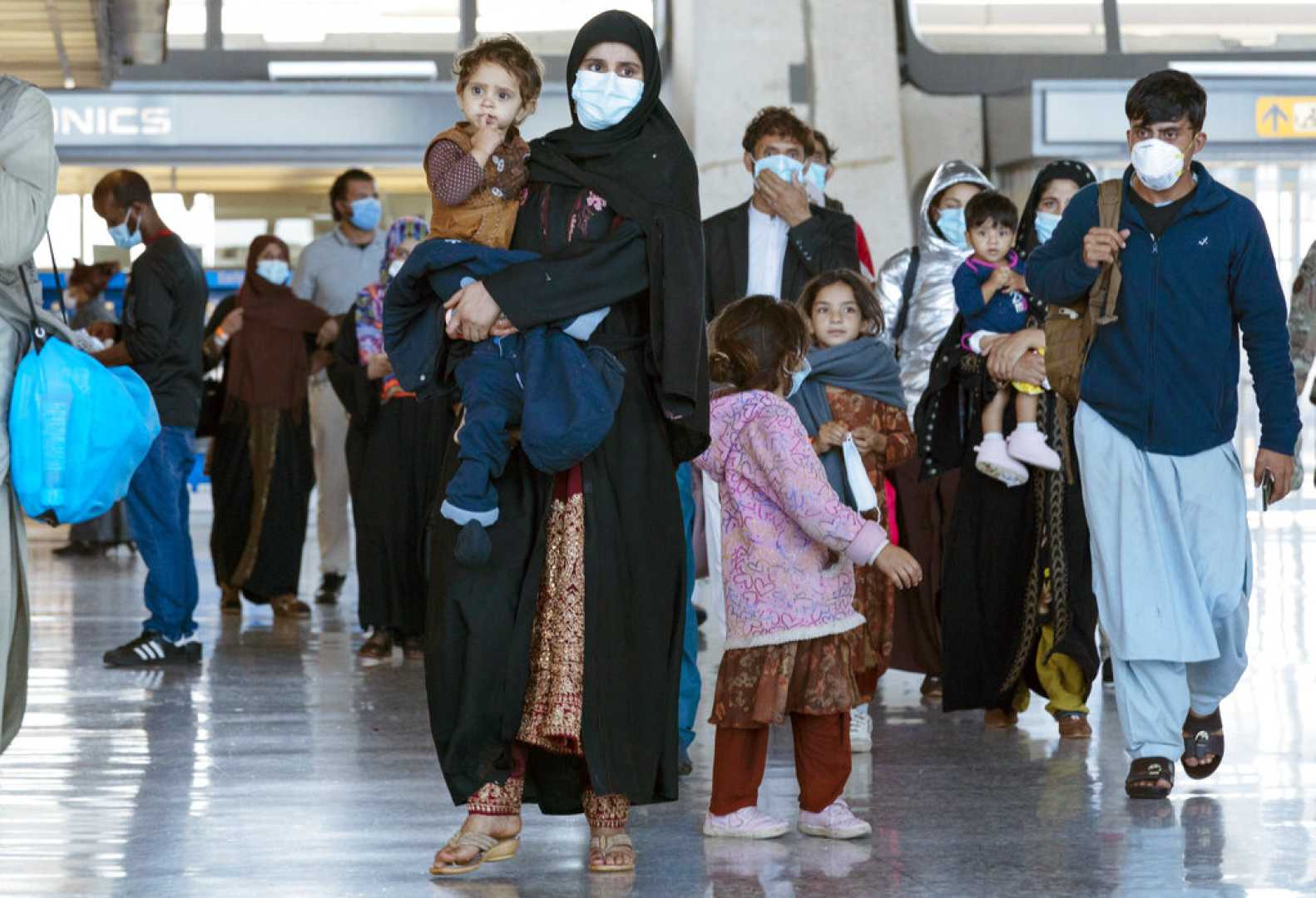News
Afghan Refugees in U.S. Face Deportation as Protections Lifted

WASHINGTON, D.C. — Thousands of Afghan nationals living in the United States are facing the looming threat of deportation following an announcement from the Department of Homeland Security (DHS) that it will not renew Temporary Protected Status (TPS) for this group. The decision raises significant concerns among advocates and legal experts regarding the safety of Afghans who could be forced to return to a Taliban-controlled country.
The DHS’s move comes amid an ongoing crackdown on immigration policies by the current administration, which has faced criticism for its approach to Afghan refugees since the Taliban’s rapid takeover in August 2021. Many Afghans who fled to the U.S. during this turbulent time were deemed vulnerable due to their associations with American forces and government efforts during the country’s longest war.
“Ending temporary protections for Afghans is a morally indefensible betrayal of allies,” said Krish O’Mara Vignarajah, president of the refugee-resettlement agency Global Refuge. She emphasized that the situation for Afghans remains dire, as they grapple with a humanitarian crisis exacerbated by Taliban rule, economic instability, and widespread violence against women and girls.
Data shows that nearly 150,000 Afghans resettled in the U.S. between August 2021 and August 2024. Many were granted TPS, allowing them to live and work legally while their home country was still unstable. This designation offered crucial protection against deportation, which now hangs in the balance as the DHS prepares to terminate it by May 20.
In recent weeks, the DHS has reportedly issued notices to Afghan individuals telling them they have seven days to leave the U.S. or risk legal consequences. One Afghan refugee in North Carolina shared a letter from the DHS that he received via email, stating his “parole will terminate 7 days from this notice.” He expressed fear about returning to Afghanistan, where he would face severe repercussions from the Taliban. “If we go back to Afghanistan, we are not safe. It is like we are signing a suicide mission for ourselves,” he said, requesting anonymity due to safety concerns.
Amid the legal turmoil, various advocacy groups are challenging the administration’s decision, with hopes that judicial intervention might halt the deportations. A federal court had previously ruled that the government must process refugees accepted before former President Donald Trump’s administration, yet there’s been little compliance.
“We have documented instances of the government’s refusal to comply with a court order related to the refugee admissions program,” stated Mark Hetfield, president of HIAS. He denounced the administration’s actions as neglectful towards individuals who had served as allies to the U.S. during their time in Afghanistan.
Legal experts indicate that revoking TPS for Afghans could severely hinder their chances at securing asylum. Julia Gelatt, an immigration policy analyst at the Migration Policy Institute, noted that most Afghans in the U.S. have strong asylum claims based on their affiliations with U.S. entities, especially regarding women who could face specific persecution under Taliban rule.
The ramifications of the DHS’s decision can have far-reaching effects on thousands, as immigrants who entered the U.S. through other legal channels also face the risk of deportation or legal action. As court battles unfold, many Afghans remain anxious about their future in the U.S., a nation they once deemed a safe haven.












